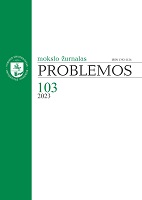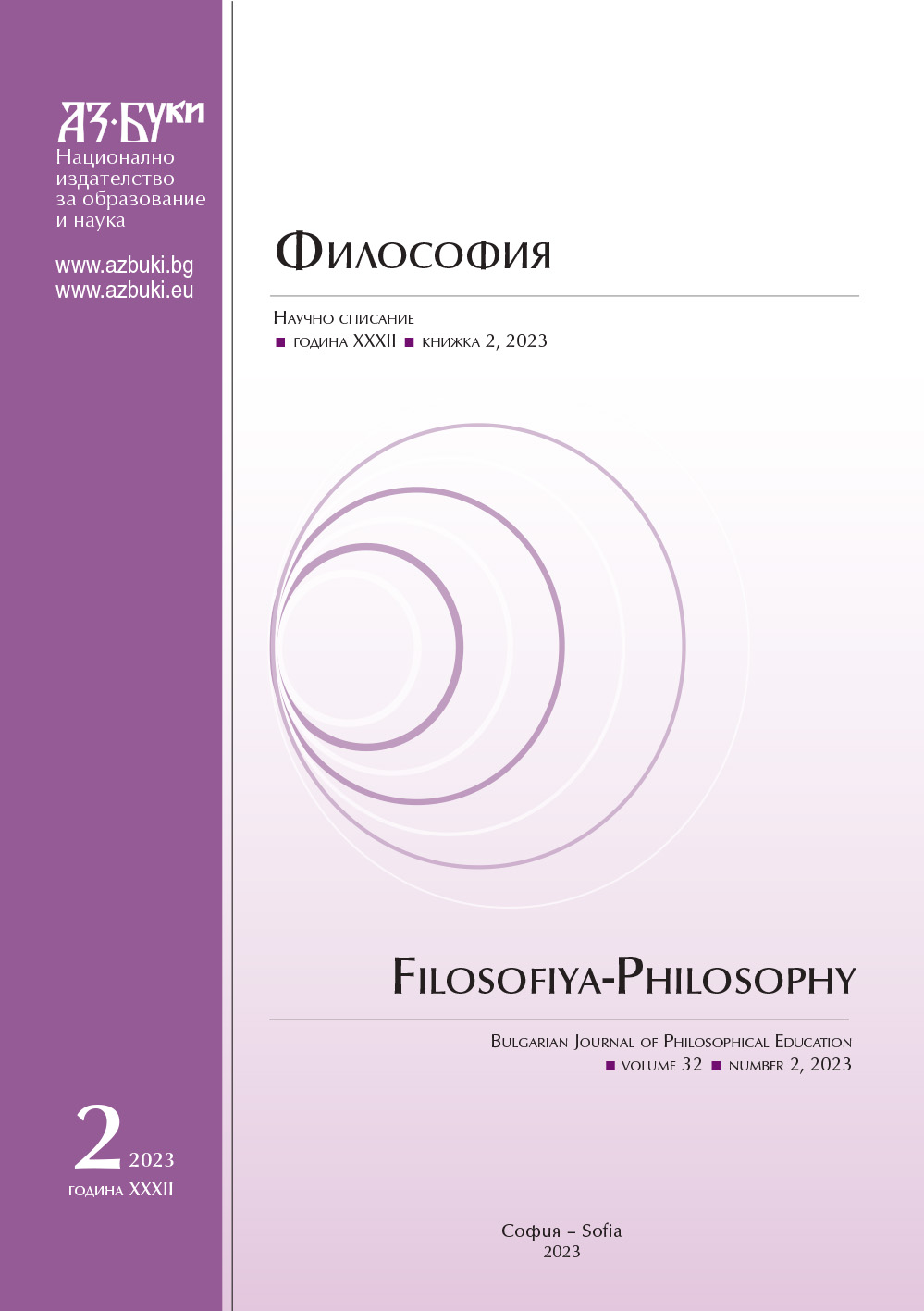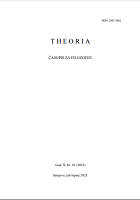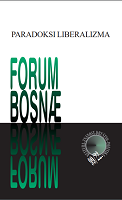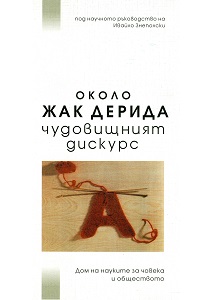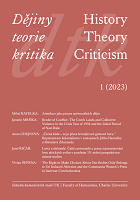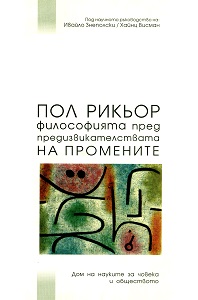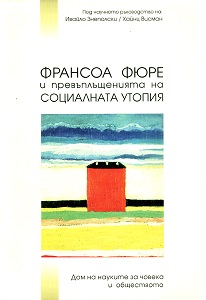
VARIOUS ASPECTS OF VALUES WITHIN THE CONTEMPORARY CONTEXT
The current issue of Religious-Philosophical Articles is devoted to the analysis of values of Latvian society from a comparative perspective. Given the multidimensional nature of the concept of ‘values’, the description, analysis and classification of values have at all times given rise to debates, controversies and even conflict. Identification of the many facets of the concept of values (as noted by Maija Kūle, professor at the University of Latvia) requires suitable competency within a broad spectrum of cultural history and knowledge of the humanities as well as dialogue in the social sphere and sensus communis. There is an understanding among philosophers that values have an ontological existence and are not evaluationdependent and can neither be destroyed nor abolished, although education and media can influence value orientation (Kūle 2016).
More...
